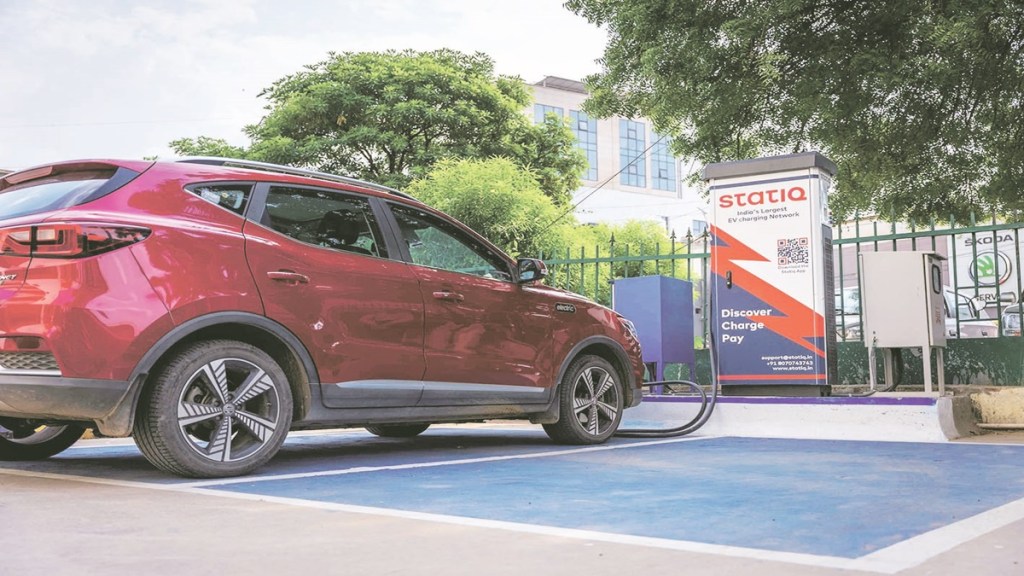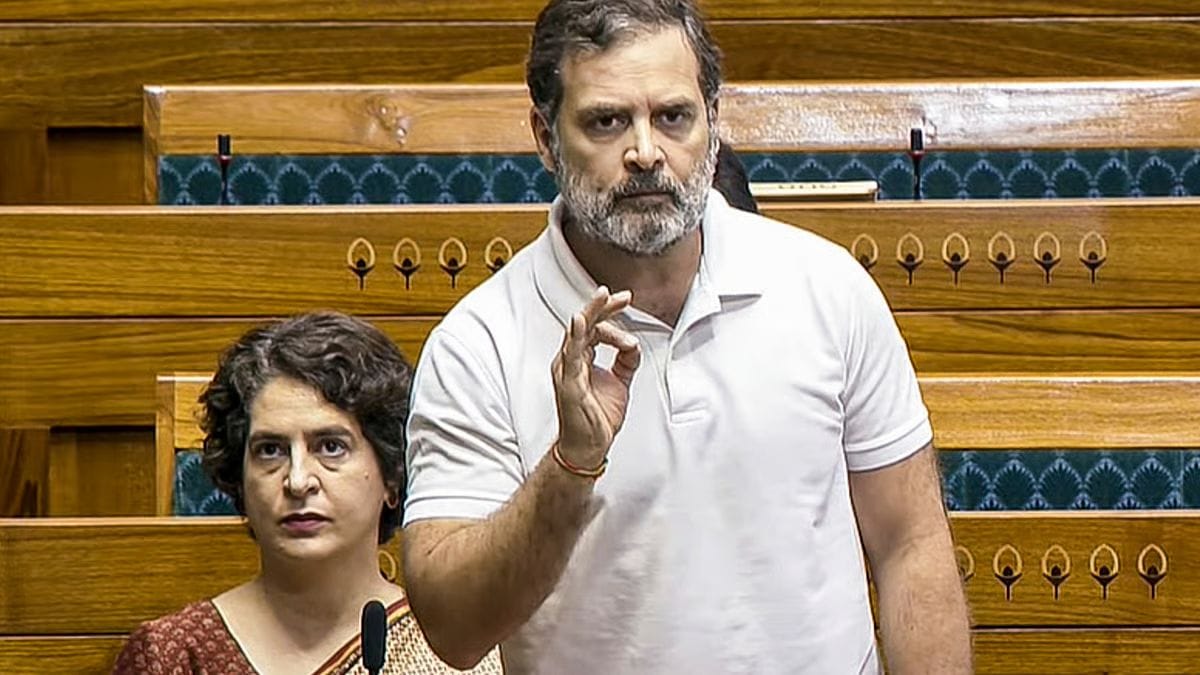The Bureau of Energy Efficiency (BEE) puts the number of public charging stations for electric vehicles in India at 9,792. While enthusiasm for electric mobility is growing by the day – automakers are launching EV passenger cars even as the logistics sector is discovering the benefits of fleets that run on electricity, this is too paltry a number given that there are more than 2 million EVs on the roads. A lack of a reliable charging infrastructure, especially on highways and far away from the big cities, makes potential customers apprehensive. For instance, if you are driving from Delhi to Mumbai on National Highway No.8, you will come across only around two dozen charging stations on the 1,450-km route. Range anxiety is real.
According to Subhabrata Sengupta, partner, Avalon Consulting, of the 1,576 charging stations approved for highways and expressways, only 10-15% are up and running. Some of those already installed are also not operational due to various issues. While public sector oil companies are setting up recharging stations sensing the shift in customer aspirations, a number of new-age mobility startups are trying to bridge the gap by doing their bit in building a robust EV ecosystem.
For instance, mobility startup Statiq is creating an aggregated network of EV chargers across the country. Charge point operators can list their chargers on the Statiq’s platform which can be accessed by users. “With a strong and established EV charging network in Tier 1 cities, we are now installing EV chargers in tier II and tier III cities,” says Akshit Bansal, founder & CEO, Statiq.
“We have covered about 60 cities which comprise 7,000 chargers, both AC and DC. The current density of charging stations in India is 1-2 chargers per 150-200 km of roads while the optimal density is 5-10 per 50-100 km. Statiq does a feasibility study of the sites to make sure that there is a proper electricity load, accessibility to the highways which is also within the proximity of popular places like restaurants, hotels, etc. We also target sought-after spots like malls, multiplexes, luxury hotels along with residential societies where the installation of EV charging stations,” he adds.
Meanwhile, SaaS-based EV charging solution provider TelioEV’s Discovery app lists EV charging stations across 27 states. The maximum density of charging stations is in states like Delhi (2000+), Maharashtra (1700+), Karnataka (1500+), and Uttar Pradesh (500+), and the minimum density is in states like West Bengal(200+), Himachal (40+), Chattisgarh (70+), and Jharkhand (70+), it says. TelioEV also has a presence in major metros, tier I and tier II cities such as Karnal, Bengaluru, Indore, Manali, Shimla, Mumbai, Pune, Jaipur, Thiruvananthapuram, and Ernakulam.
TelioEV has recently started covering a few key highway stretches such as Indore to Pune, Bengaluru to Kochi, and New Delhi to Chandigarh. “The installation of AC Level 1 and Level 2 chargers is less expensive than that of DC fast chargers and ultra-fast chargers,” says Mukesh Kumar Bansal, chief technology officer, TelioEV. “The number of charging points, their location, power supply, and grid upgrades also contribute to the total investment. The estimated cost of AC 2-wheeler chargers is Rs 20,000-30,000, while for AC 4-wheeler or Level 2 chargers it is Rs 75,000-1.5 lakh. DC fast chargers (30kW-60kW) and beyond cost Rs 8-20 lakh.”
Magenta Mobility, which provides EV fleets for logistics and e-commerce companies, has 6 to 15 charging depots per state which it plans to take up to 15- 20 charging depots per state. “We have covered multiple states, including Karnataka, Andhra Pradesh, Maharashtra, Gujarat, UP, Haryana, and Delhi, and have further plans to expand to other states. One of our charging depots in Bengaluru can cater to 72 vehicles at a time. We aim to have 4000 electric vehicles in our fleet by 2024 and plan to expand to 18 cities,” says Maxson Lewis, managing director, Magenta Mobility. He explains that Magenta Mobility positions its charging depots in close proximity to its client warehouses, operational hubs, and distribution centers. “Our objective is to create a seamless ecosystem for electric last-mile deliveries, which is why we set up charging stations within a range of approximately 3 kilometers from these key locations.”
Charging stations are set up either through the franchise model or direct ownership. Stations are owned and operated directly by charging infrastructure providers, private companies, government agencies, or public-private partnerships. The ownership model varies depending on local regulations, market conditions, and the overall strategy of the charging infrastructure provider.
“The investment starts from Rs 11 lakh for a fast charger installation and it also depends on the number of chargers required. We do offer a franchise model of business but also look for investors who want to buy and install a charger at their own properties,” says Statiq’s Bansal.








